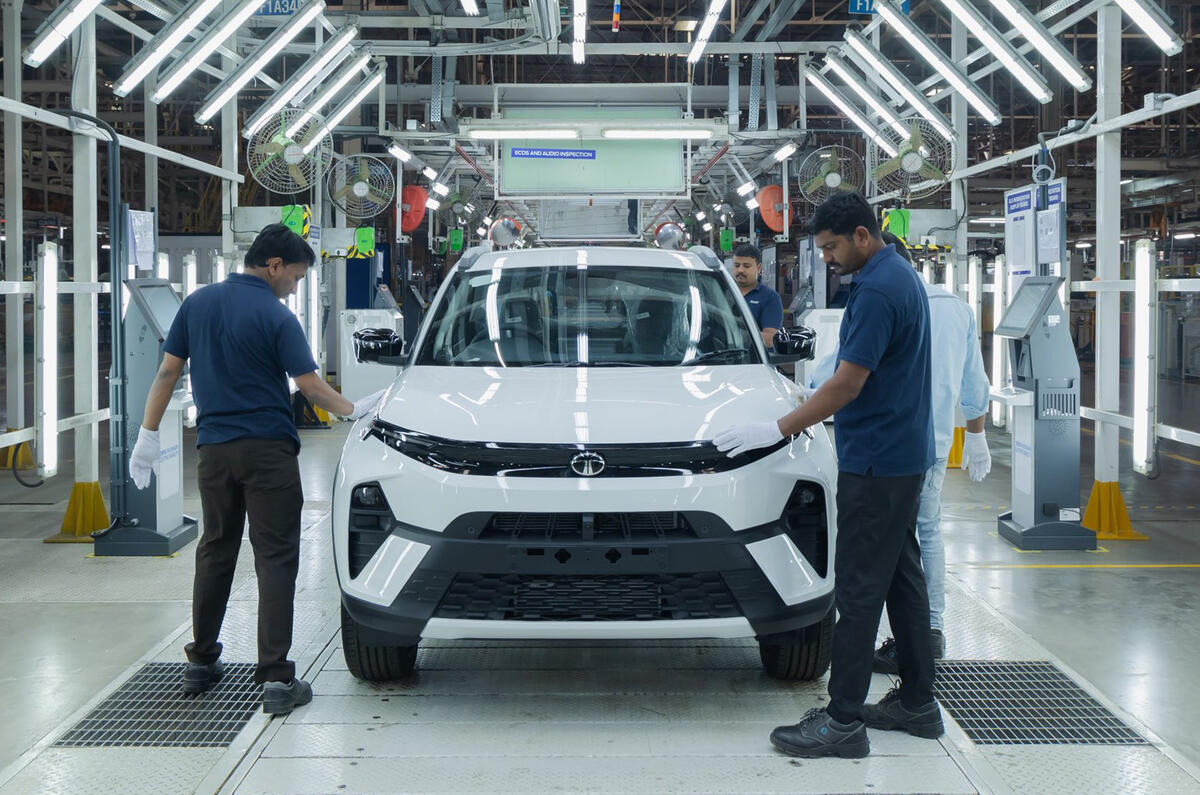India will drastically reduce its tariff on “high-end cars” imported from the UK, as part of a landmark trade deal between the two nations.
Subject to an unspecified sales quota, Indian authorities will reduce the existing tariff of more than 100% on UK-built luxury cars to 10%.





Add your comment